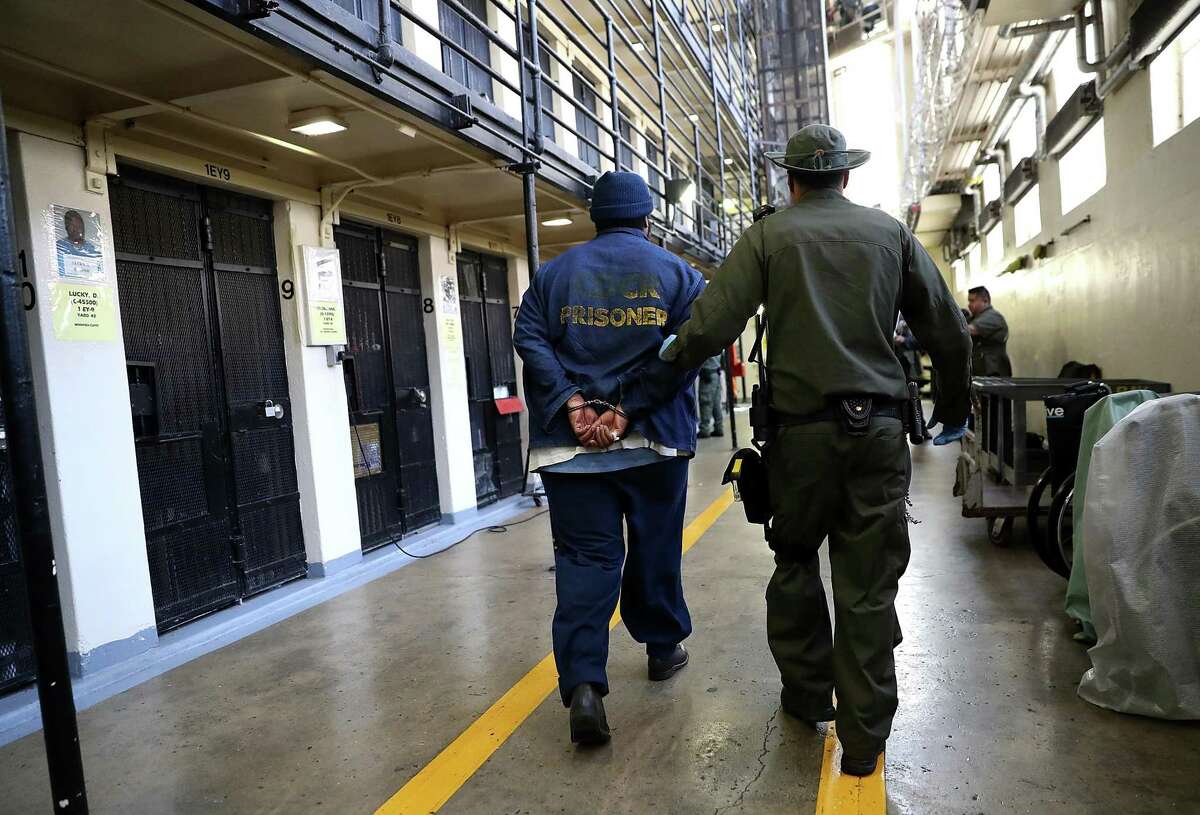The California Department of Corrections & Rehabilitation uses discipline to maintain control and promote socially desirable changes in the attitude and behavior of inmates. At least that is what inmate discipline process is intended to do; now it is just a joke and a way for custody staff to get in trouble. Inmate discipline in CDCR has been undermined by the new appeals process.
CDCR has a robust inmate discipline system. Correctional Officers finding violations of law or regulations are tasked with reporting the violation, gathering evidence, and producing accurate and exact reports. Officers can be disciplined for mistakes made during this process. Custody supervisors are responsible to classify violations, hold hearings, make determinations of guilt based on evidence, and provide punishments. Supervisors can be disciplined for mistakes made during this process. There are regulatory timelines, often short, to document a violation, gather evidence, help the inmate with his/her defense, and hold a hearing; any violation of these timelines can result in disciplinary action against the officer or supervisor.
After a reported violation goes through several levels of vetting; after the evidence is secured and documented; after the inmate is provided support for his/her defense; a hearing is held. The hearing official must make a determination of guilt using all available evidence. The inmate is allowed to present evidence, call witnesses, and get support of staff if needed during the hearing. If the inmate is found guilty, the hearing officer provides appropriate discipline based on the severity of the violation. This is where the process stops making sense.
After being found guilty, inmates are allowed to appeal the decision. These inmate appeals are granted way to often providing the inmates an unethical win. The appeals branch are uneducated people who override all the hard work done by the reporting officers and hearing officials by granting inmate desires not to be disciplined for their violation. Inmates enjoy waiving their granted appeal in front of the officers who worked so hard to document the violation. Sarcastically, the appeals folks grant inmate appeals without any real investigation into the matter, just a causal review of the hearing documentation. It seems, from this authors perspective, the appeals folks would never consider an inmate is lying and must be innocent if they claim to be.
Many officers and supervisors have lost interest in following the inmate discipline process. There is a lot of work involved where any mistake could result in the officer/supervisor being disciplined. All the hard work is lost when the appeals branch grants the inmate their appeal anyway. CDCR management seems to also feel this way as they have voided many inmate discipline reports lately, from this authors experience. Because of the poor work by the appeals branch, many inmate violations are not reported from the start.
CDCR rarely informs to the public on crimes committed inside of prisons. There seems to be an increasing amount of inmate violence that the public is not made aware of. Every week there are many inmate-on-inmate attacks and several inmate-on-staff attacks. The appeals process of nullifying the inmate discipline system may be partially responsible for this recent increase of violence.
